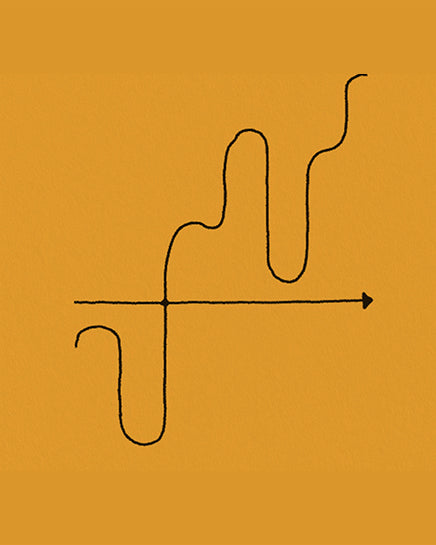
July 20, 2020
Expert Tips: Getting Started with The Field Guide for Depression
By Dr. Brandon Tong, Clinical Advisor
You've purchased The Field Guide for Depression. Now what?
We worked with one of our clinical advisors—Dr. Brandon Tong—to share a few tips on how to approach managing depression with this field guide and its five evidence-based tools.
Tip 1: Don’t wait for the “right moment.”
When we are depressed, the temptation is for us to wait for the right moment—"when I have more energy”; “once I feel better”; or “when I have a better idea.” Unfortunately, depression makes those “right moments” few and far between. The goal, then, is to disrupt this cycle of inactivation (or, lack of action).
Tip 2: Get started with a tool—in whatever order you want.
It can be overwhelming to get started with a new program. Instead, reframe the experience as a game. Try randomly flipping to a page and starting from there; flip a coin to decide which tool to use—anything that will ease the pressure from finding the right tool to start with. It can also be helpful to start small: set a goal of writing your name at the front of the book, and go from there.
Tip 3: Try, try, and try again.
Sometimes, using a tool or two might not have an immediate effect. Other times, it will. Because depression is complex and multifaceted, we recommend that you try different tools and try them persistently. You can even start a simple tracking system to log what you’ve tried, how you feel, and try to keep up a streak.
Tip 4: Progress is not linear—but there is hope.
Just because a tool seems hard to do today, doesn’t mean it’ll be hard tomorrow. Something that once felt like it was moving a boulder can eventually feel like moving a small rock. Don’t be discouraged if one day is harder than the other—keep trying, and your efforts will start to bear fruit.
Questions?
Our experts are here to help. Submit your questions to askanexpert@therapynotebooks.com and we’ll do our best to answer them.
This article is not therapy or a replacement for therapy with a licensed professional. It is designed to provide information in regard to the subject matter covered. It is not engaged in rendering psychological, financial, legal, or other professional services. If expert assistance or counseling is needed, seek the services of a competent professional.



